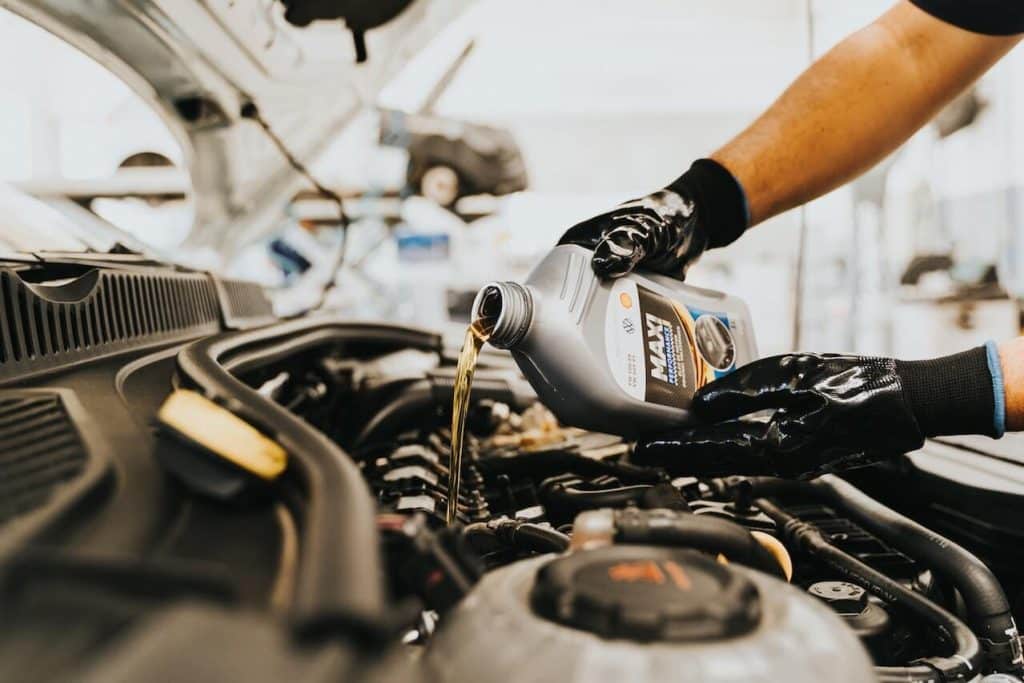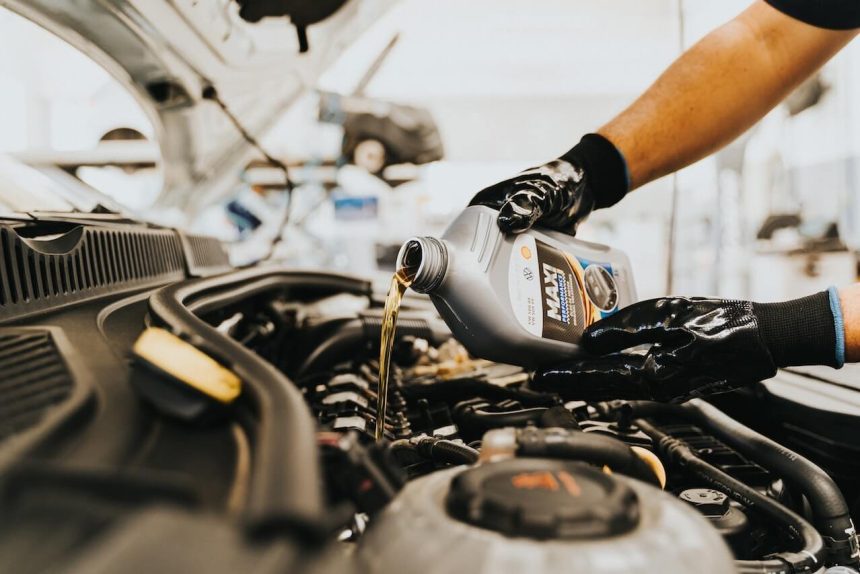If you own a car, you might be interested in our article “Save Big on Gas with the Right Engine Oil” to find strategies to reduce gas consumption. Did you know that the type of oil you put in your vehicle directly impacts how well it runs and how much gas you can save? That's right! We'll go through why it's so critical to put quality oil in your car, how to pick the right kind, and what difference it can make.
You should also check out:
1. Why Using the Proper Oil Is Important

The engine in your car is a sophisticated system that needs high-quality motor oil to run smoothly. Oil helps keep the engine running smoothly by reducing friction and keeping it cool. If you use the wrong oil or oil that has passed its prime, you may have problems with your fuel economy, engine damage, and performance.
You need to use the correct oil to get the best performance out of your vehicle. It would help if you started by identifying your vehicle's appropriate viscosity rating. This number is found on the oil filler cap or in the owner's manual. The oil's viscosity number indicates how thick it is or how much resistance it offers to flow. You can keep your engine running smoothly and efficiently using oil of the correct viscosity.
The oil you use is another consideration. Conventional oil, synthetic oil, and high-mileage oil are just a few of the varieties available. There are advantages and disadvantages to using different kinds of oil in your car, so it's crucial to pick the right one.
2. Find Out Which Oil Is Best For You

See your vehicle's handbook for guidance on which oil to use. Your car's recommended oil viscosity and other needs and specs should be written down this way. To be sure you're using the correct oil in your vehicle, ask your technician or a parts expert for advice.
You need to pay attention to oil changes and pick the proper oil. Oil changes are recommended by most experts to be performed every 5,000 miles. However, this number can be affected by factors such as how often you drive and the oil you use. Keeping up with routine oil changes is a great way to keep your engine in tip-top shape, which can help you save money at the gas pump.
3. The Advantages of Using the Proper Oil

There are a variety of upsides to putting the right oil in your car. It can, first and foremost, improve your vehicle's gas mileage. If your engine is well-oiled, it won't have to work as hard to complete its job, and you'll save fuel.
The appropriate oil can help extend the life of your engine and save you money on gasoline. Maintaining the engine's moving parts with the right amount of lubrication can keep you from spending as much on maintenance down the road. Lastly, using the correct oil can boost your car's acceleration and general performance.
4. Conclusion
Using the right oil is a simple but vital way to save money on gas, lengthen the life of your engine, and increase your car's performance. Following the manufacturer's recommendations for oil type, viscosity rating, and frequency of oil changes is essential to keep your automobile running smoothly and efficiently for many years.
5. Frequently Asked Questions
How frequently should I replace the oil in my car?
Depending on how often you drive and the oil you use, the answer might be 5,000 to 10,000 miles.
What is the viscosity rating?
The viscosity rating tells you how thick the oil is or how hard it is to move. You can usually find it in the owner's manual or the oil container.






















